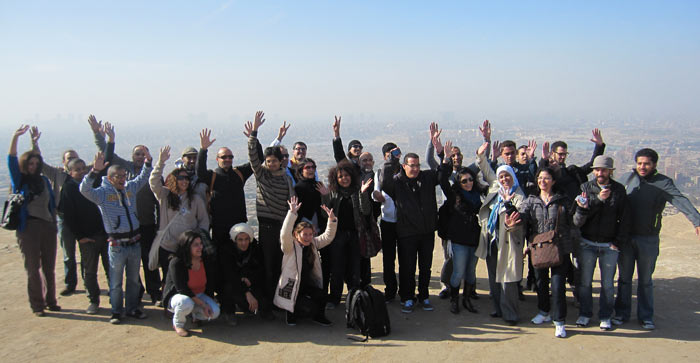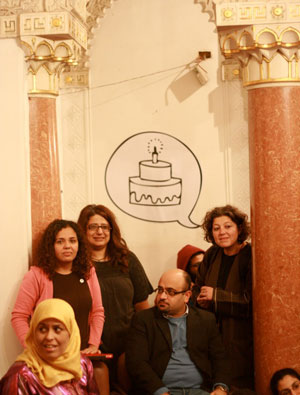FASTR introduced in U.S. Congress to drastically expand public access to federally funded research
vendredi 15 février 2013 à 00:01Today marks an historic step forward for public access to publicly funded research in the United States. The Fair Access to Science and Technology Research Act (FASTR) was introduced in both the House of Representatives and the Senate. FASTR requires federal agencies with annual extramural research budgets of $100 million or more to provide the public with online access to the research articles stemming from that funded research no later than six months after publication in a peer-reviewed journal.
If passed, the legislation would extend the current NIH Public Access Policy (with a shorter embargo) to other US federal agencies, such as the Department of Agriculture, Department of Energy, NASA, the National Science Foundation, and others.
The bill text is available here. The legislation was introduced with bi-partisan support in both the House and Senate. Sponsors include Sens. Cornyn (R-TX) and Wyden (D-OR), and Reps. Doyle (D-PA), Yoder (R-KS), and Lofgren (D-CA).
Creative Commons has supported policies aligned with the practice of making taxpayer funded research available free online and ideally under an open license that communicates broad downstream use rights, such as CC BY. While FASTR – like the NIH Public Access Policy before it – does not directly require the application of open licenses to the scientific research outputs funded with federal tax dollars, it represents a key next step toward increasing the usefulness of public access to research.
Specifically, FASTR includes provisions that move the ball down the field toward better communicating reuse rights. Peter Suber notes,
- FASTR includes a new “finding” in its preamble (2.3): “the United States has a substantial interest in maximizing the impact and utility of the research it funds by enabling a wide range of reuses of the peer-reviewed literature that reports the results of such research, including by enabling computational analysis by state-of-the-art technologies.”
- FASTR includes a formatting and licensing provision (4.b.5): the versions deposited in repositories and made OA shall be distributed “in formats and under terms that enable productive reuse, including computational analysis by state-of-the-art technologies.”
- FASTR requires that the annual report from each covered agency include a statement from the agency on “whether the terms of use applicable to such research papers are effective in enabling productive reuse and computational analysis by state-of-the-art technologies” (4.f.2.B.i) and the results of the agency’s “examination of whether such research papers should include a royalty-free copyright license that is available to the public and that permits the reuse of those research papers, on the condition that attribution is given to the author or authors of the research and any others designated by the copyright owner” (4.f.2.B.ii).
In addition to making articles free to access and read after a six-month publishing embargo, these new provisions make a significant impact in pushing federal agencies to ensure that the research they fund is available and useful for new research techniques like text/data mining.
SPARC has issued an action alert, and there are several specific things you can do to support of FASTR. Today marks the 11th anniversary of the Budapest Open Access Initiative, and you can voice your support that the public needs and deserves access to the research it paid for and upon which scientific advancement and education depends.






